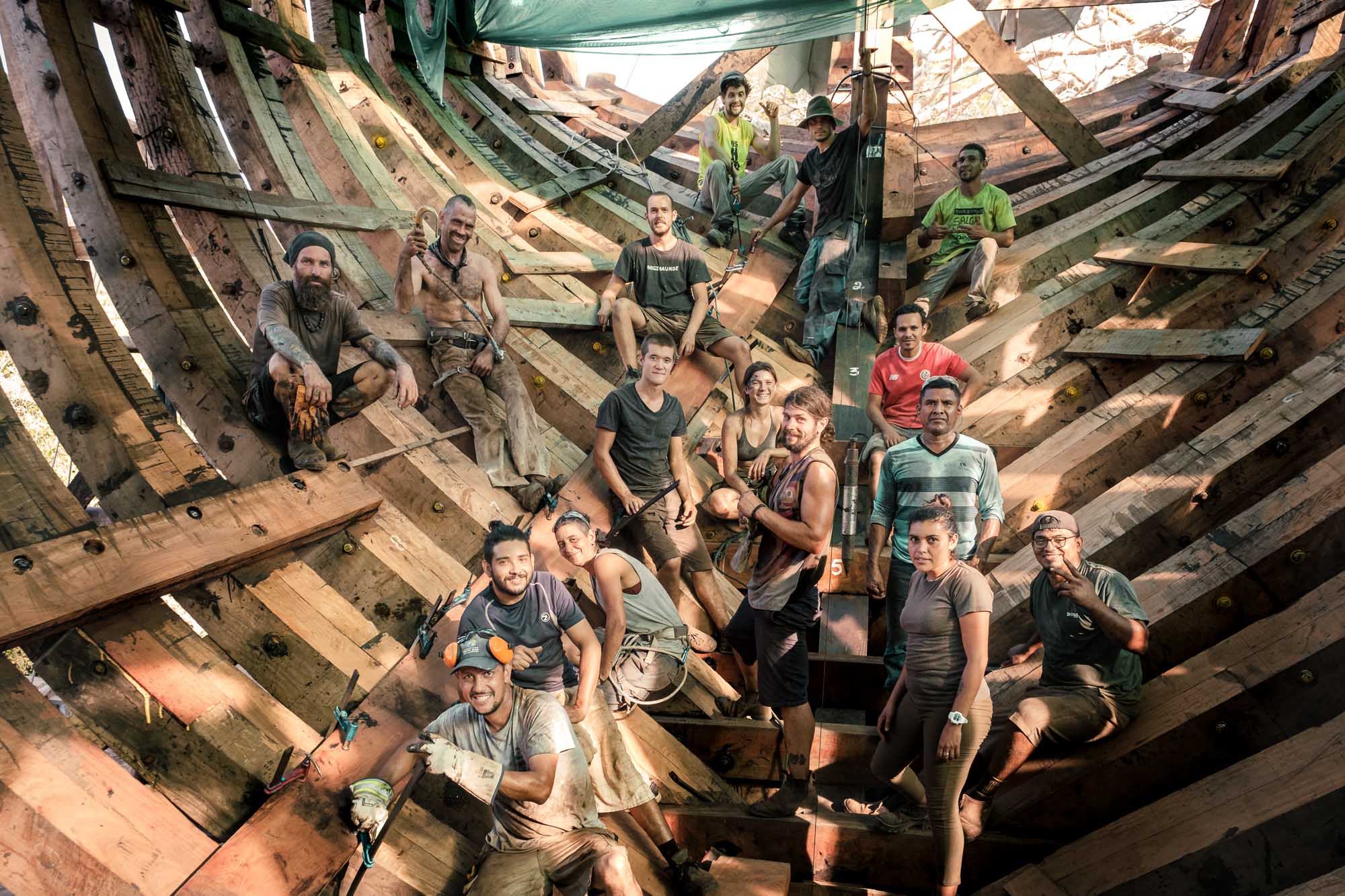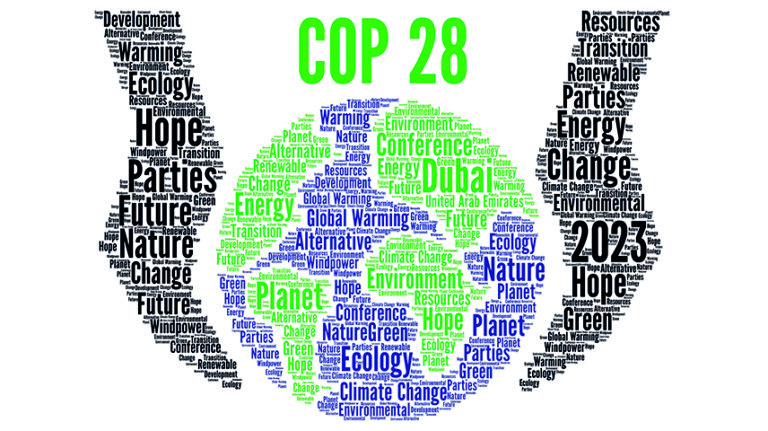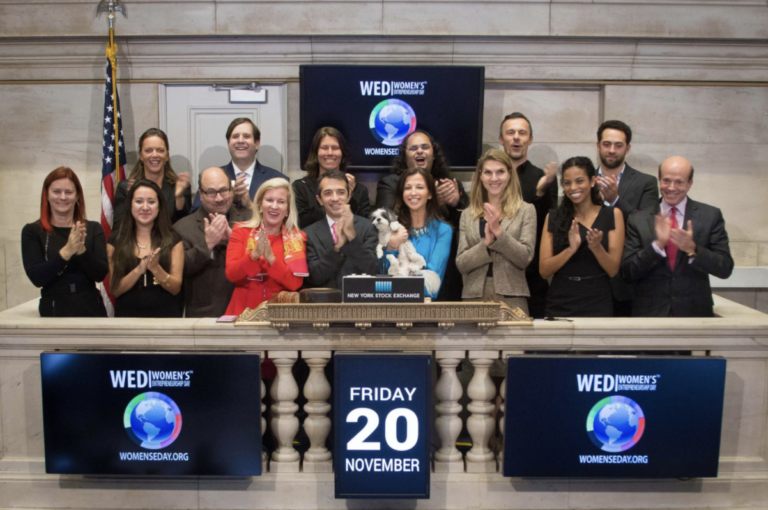Ocean transportation is a massive business that operates as part of an often dubbed ‘invisible industry’ that hugely impacts our environment. Almost 90% of everything we buy or own is available to us through the international shipping industry. In hauling these goods around by the sea, container ships burn one of the world’s dirtiest fuels (Bunker fuel, a tar-like sludge, that contains around 3,500 times more sulphur than the diesel used for cars). Contrary to popular belief, the negative externalities related to the shipping industry, are not limited to air pollution or oil spills. Bio-acoustic pollution, for instance, is often overlooked, despite its serious repercussion to marine life. The underwater noise caused by propellers and the combustion engine used by these vessels discombobulates marine mammals and other sea life. For example, the disrupted communication and navigation between dolphins, or whales, due to underwater noise, can often lead to their mass stranding, or the baby whales isolating from their families.
“About 90% of everything we own is available to us through the international shipping industry”
On top of this, cargo vessels typically operate outside territorial waters, with little to no law enforcement readily available to impose globally recognized laws, and rules. The industry’s lack of transparency (or ‘opacity’) is rather concerning at present, but there’s huge opportunity to bring out a positive environmental and economic change, simply by focusing on ‘greening’ ocean transportation.
In 2014, Danielle Doggett co-founded SAILCARGO INC, a for-profit corporation, that is proving to the world that not only (zero-carbon) emission-free cargo shipping is possible, but also scalable and commercially feasible. To demonstrate this, Danielle and her team built Ceiba, a cargo-ship, largely made of timber, and capable of travelling the world’s oceans without fossil fuels.
“Emission-free cargo shipping is not only possible, but also scalable and commercially feasible.”
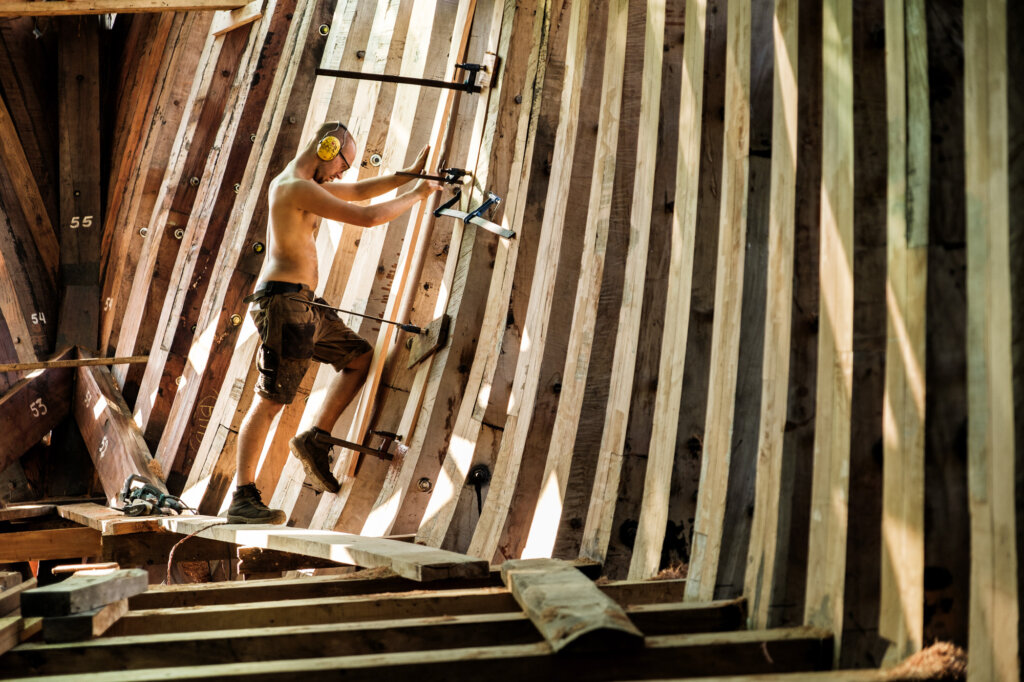
Ceiba has two integrated propulsion systems that help push the ship forward, and her sails allow her to initiate and maintain speed, relying mainly on the weather conditions. However, when the weather conditions are poor for sailing – or if the Captain decides not to continue – the green ship also operates an engine that is 100% electric, powered by solar panels and a battery bank. However, the underwater propellers also charge the ship’s battery, like an electric car set on ‘regen mode’. The only time Ceiba uses fossil fuels, is when plugged into a port that does not use clean energy. Given her self-sufficient regenerative battery, Ceiba will not need to dwell in ports like other cargo ships do- typically for up to two weeks.
“[One can] charge the ship’s battery pretty much like one would do on an electric car.”
Danielle recently announced that SAILCARGO INC will be undergoing a shift, which will allow clients to now transition to ‘green hydrogen’. In collaboration with Costa Rican American Astronaut, Franklin R. Chang-Díaz, SAILCARGO INC, will now create a Ceiba-like cargo ship that runs entirely on hydrogen fuel cells. The project feasibility study has now concluded with promising results, and it steered SAILCARGO INC’s sustainable business model in a “bigger and more easily scalable direction”, says Danielle.
The project consists of installing a green hydrogen fuel cell facility (or as Danielle calls it, the shipyard’s ‘gas station’), that will allow SAILCARGO INC to fully power Ceiba and all the shipyard’s needs using the green energy and will offer clients a bigger array of clean energy options to choose from. In a highly polarized world with the constant debate between green hydrogen supporters and electric enthusiasts, SAILCARGO INC is all about shining a light on emergent clean technologies. Furthermore, Danielle hopes to reduce the carbon footprint of the whole shipyard community, through the adoption of clean technologies, including the local fleet of fishing ships (approximately 90 open boats), and awaits approval from local communities and authorities.
“SAILCARGO INC is currently undergoing a shift, which will allow clients to transition to green hydrogen.”
In addition to building the smaller fleets, SAILCARGO INC is currently designing large ships that can be used by private companies for commercial purposes. The organization is actively looking for investors to help them build flexible solar sails (i.e. sails that are solar panels) and produce eco-friendly anti-fouling paint. The latter is a highly toxic paint used by most of ships, in the underwater section of the vessels’ hull and needs reapplication every year.
“SAILCARGO INC is all about shining a light on emergent clean technologies.”
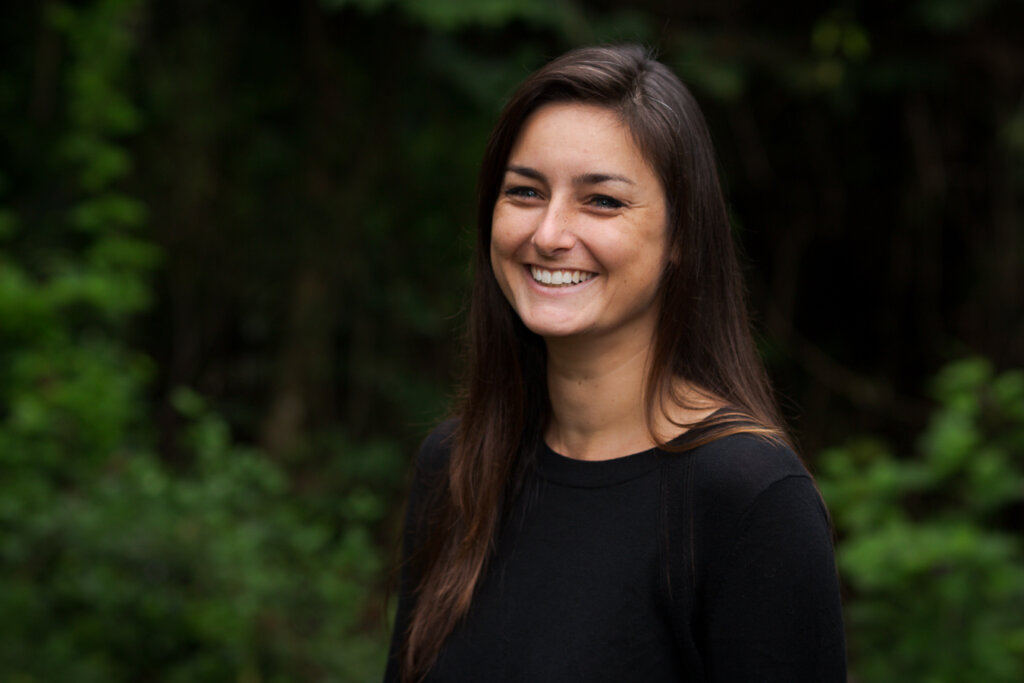
When asked what led her to co-found SAILCARGO INC in 2014, Danielle described how she first started sailing on traditional tall ships when she was just 13 years old, in Kingston, Ontario, Canada. Despite being a part of the maritime sector all her life, she had never thought about container ships and the industry’s impact on the environment. It was only after she stepped on a ship called Tres Hombres with Lynx Guimond, co-founder SAILCARGO INC, to move cargo from one port to another, that her perception of the ocean transportation business changed.
Danielle and her team agreed to build Ceiba in Costa Rica owing to the favourable weather conditions that allowed them to work all-year round. At the same time, it was a strategic choice to be closer to the woods. “It would not make any sense to build a wooden emission-free ship and then use fossil fuels to ship it elsewhere”, Danielle points out rightly. She added that it was crucial for SAILCARGO INC to verify the net emissions associated with fallen trees, used in building the vessels, and those trees planted, to sequester carbon, prior to starting their project.
Costa Rica is recognized as the second greenest nation in the world (second only to Norway) which is reflected in the country’s deforestation policies. Interestingly though, Costa Rica’s national forest is the only forest in the world that increases in size every year. According to the International Union for Conservation of Nature (IUCN), Costa Rica had the highest deforestation rates in Latin America. Still the country managed to turn that around in a relatively short time.
Danielle recalls when they first posted pictures of cutting the trees on their social media platforms, it “blew people’s minds”. However, the team wanted to be extremely transparent about the entire process behind building Ceiba. SAILCARGO INC actively invests in sustainable, regenerative system – many more trees are planted for every tree they cut down. Using steel instead of wood was never an option, as Danielle explains. To get steel, “one needs to open a mine, which requires clear-cutting, and, given the world’s largest mines are all in Brazil, that would have meant cutting down the Amazon”. Plus, to refine the steel, blacksmiths burn “way more wood to make the equivalent amount of steel, than the quantity we use”, claims Danielle. With Ceiba, unsure at that time of how many trees to plant, their logic was simple – plant many more trees than used; the team ended up planting 12,000 trees in-exchange for the 400-500 trees used to build Ceiba.
Now, SAILCARGO INC has a whole tree-planting division that works alongside scientists, professional advisors, and biologists, to create and develop a state-of-the-art sustainable production model. Interestingly, the team does not outsource planting the trees to the big corporates. Instead, they hire people from local communities, creating jobs and employment opportunities in the process. Reflecting back on her own career, Danielle has recently decided to have SAILCARGO INC sponsor a place on St. Lawrence II every year, for a young girl with no or little financial resources to board the boat. This will be SAILCARGO INC’s first official sponsorship.
SAILCARGO INC continues to make a positive impact in the lives of people and on the environment. The company is currently expanding and forging relationships with maritime industry leaders globally to expand the SAILCARGO INC fleet, in order to realize their vision of becoming a leading clean marine transportation company.
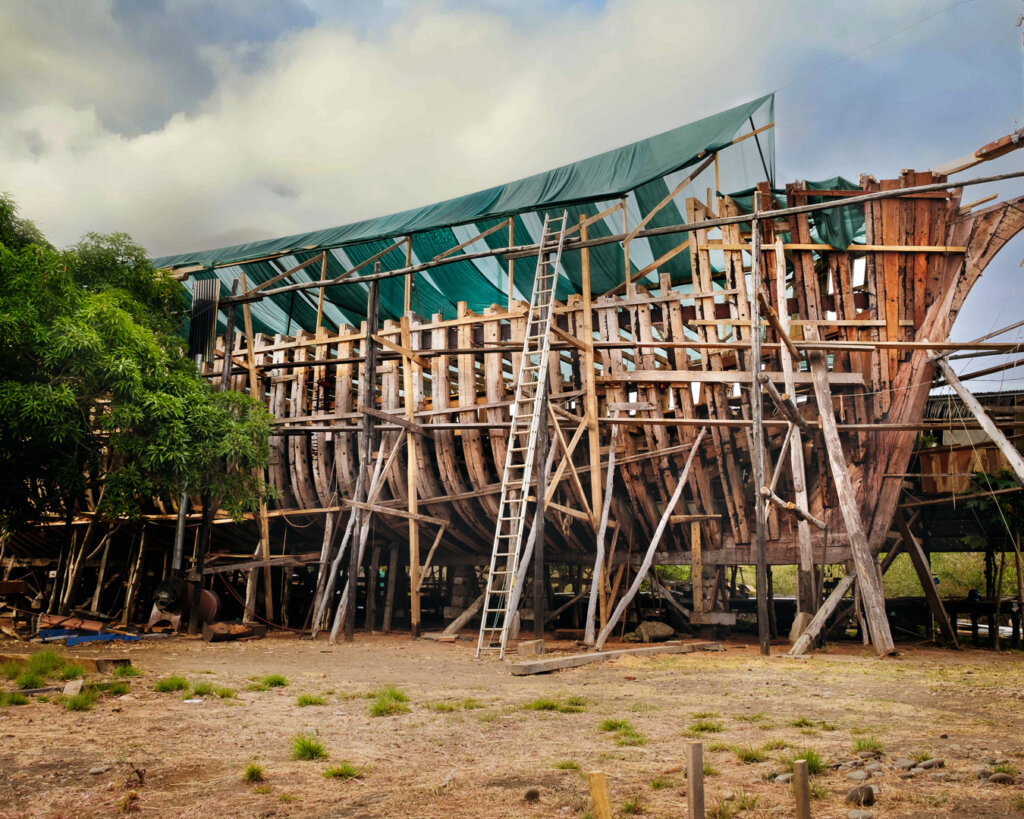
If you are a cargo producer, distributor or store (any size of import/export), and want your product shipped emission-free, please email SAILCARGO INC’s Trade and Logistic Division at [email protected]. SAILCARGO INC is actively seeking investment.
